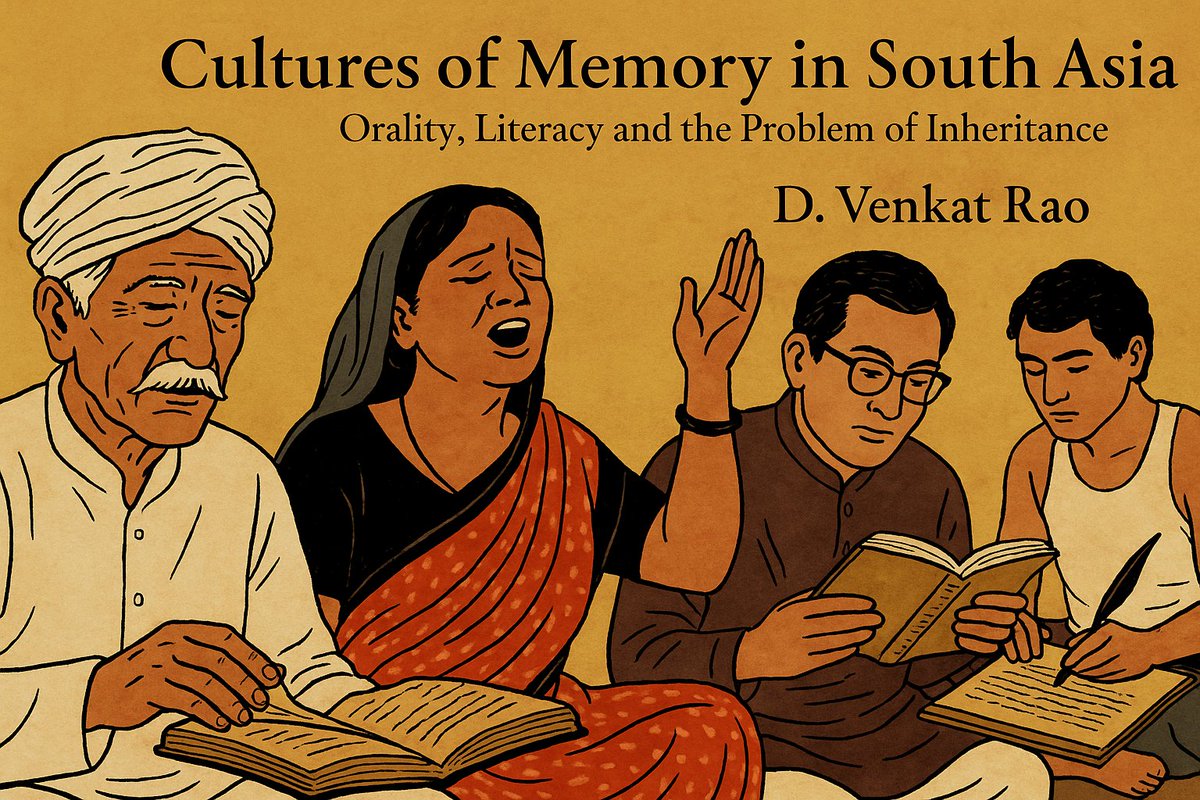Just finished reading this.
This book, by Steven Patterson, tries to systematically trace the idea of honor circulated in the Raj and how it was strategically deployed to sustain the imperial mission.
This book, by Steven Patterson, tries to systematically trace the idea of honor circulated in the Raj and how it was strategically deployed to sustain the imperial mission.

The dominant ethos of British India after 1857, argues the author, was set by the upper-middle classes (instead of viceroys & governors) who came to dominate the ICS, claiming that their professional training as disinterested civil servants made them the fittest rulers of India.
If viceroys came and went, members of the ICS spent entire careers in India, and their views were often decidedly different from those of the highest elite. These ICS officers transformed themselves into autocrats in India who ostensibly ruled as 'enlightened despots'.
Especially in the ICS, the Raj resembled an unabashed autocracy tempered by the rule of law, yet even the rule of law could be ignored at times. As Philip Mason pointed out, there was “no use being a king unless you can’t break the law occasionally.”
The “man on the spot” remained a powerful vision for the ICS and the males charged with running India, and Anglo-Indians as rulers subscribed to this ideal of honor, for autocracy could be made compatible with progress—if not democracy—if it was enlightened and just.
It is no accident that Mason titled his history of the ICS as The Guardians, since this platonic ideal increasingly informed the Anglo-Indian vision of themselves as “natural” aristocrats after 1858. 

Orwell condenses the “chief beatitudes of these pukka sahib” down to “Keeping up our prestige/ The Firm hand (without the velvet glove)/ We white men must hang together/Give them an inch and they’ll take an all, and/ Esprit de corps.”
George Orwell was shocked on his first journey to the East when he saw a coolie being kicked while aboard a liner bound for India. According to Orwell, a young Englishman could come to India and immediately “kick grey-haired servants.
Honor, Patterson argues, for British and Anglo-Indian officers, translated into a dogged belief in the honesty and integrity of one’s own beliefs, and thus implied with few exceptions that Indians were incapable of honorable behavior, or at least of ruling their land honorably.
From this background, it is not surprising that our bureaucracy, in large parts, still acts as 'enlightened despots', having their beliefs and actions grounded in the same sense of 'moral superiority' as their British preceders.
Even prominent liberals like JS Mill considered the circumstances that made a people unfit for democracy. The “Hindoo,” Mill wrote, was “more likely to shelter a criminal than apprehend him”; hence it was fit for a more “despotic” regime to govern them.
For Kipling, Indians were too "effeminate" to rule over themselves, hence needing to be put under the constant observation of their white superiors. 

If Muslims were violent, despotic, and masculine, Hindus were indolent, passive, and effeminate:
“One fought by the sword, the other by cunning and litigation.”
“One fought by the sword, the other by cunning and litigation.”

Edward Thompson, writing in 1924, describes how the British often assessed the virtues of Indians “as a hunter assesses those of dogs.” One chaplain, told of the literary merits of Rabindranath Tagore could only ask, “But is he loyal? That was the only point of interest.”
Richard Temple, writing in 1880, reassured his readers that “the Natives certainly are anxious to be considered loyal. Nothing wounds & irritates them more than the imputation of disloyalty, and nothing gratifies them more than a frank & cordial acknowledgment of their loyalty.”
Imperial images and texts that focused on imperial honor needed to be constantly created and verified in everyday life, or they could wither and die. 

• • •
Missing some Tweet in this thread? You can try to
force a refresh









